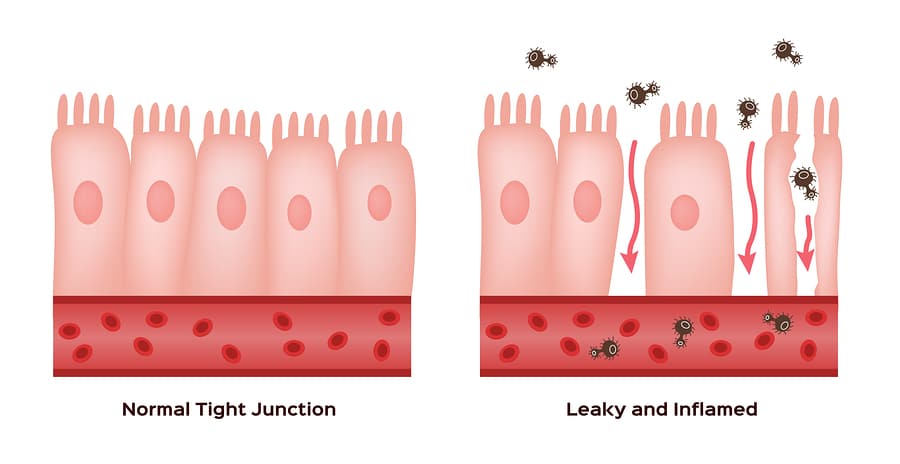We’re all familiar with probiotics…
Or at least, we should be! There has been a lot of talk among health circles (surprisingly, it even reaches mainstream news every now and then!) about the benefits of consuming ‘probiotics’ – otherwise known as beneficial bacteria for your digestive tract. Most of us know that yoghurt and other fermented foods are good for us to eat regularly, and I think we have all seen the ads on TV, asking us whether we’ve had our Inner Health Plus today?
But there actually are another group of health-promoting food substances, known as ‘prebiotics’, that are not quite so well-known. Which is a shame, because they are an easy way to help you get your health back on track, particularly when used in tandem with probiotics in food or supplement form.
What exactly ARE prebiotics?
The official definition of a prebiotic is:
A nondigestible food ingredient that beneficially affects the host by selectively stimulating the growth and/or activity of one or a limited number of bacteria in the colon. 1
In other words, they provide ‘food’ for your good bacteria (aka the probiotics) so that they can grow and multiply, and perform their vital work of keeping your gut (and you!) healthy.
This is important because….
Maintaining a healthy gut flora (beneficial bacteria) population in your digestive system is not only good for reducing digestive discomfort (symptoms such as bloating and irritable bowel). But emerging research is revealing that maintaining balance within the digestive system can actually influence other areas of your health – even areas that seem unrelated. In fact, your gut flora has been shown to play a role in the development of the following:
- diabetes
- autoimmune conditions
- low immunity/poor resistance to infections
- weight gain/difficulty losing weight
- travelers diarrhea (who wants to deal with THAT while you are on holidays?)
- skin disorders such as eczema
- mood disorders
- allergies
So it goes without saying that the health of the gut is the main area I consider first, when I see a new client who is suffering from one (or more) of these issues.
The lining of your digestive tract has a kind of ‘inner skin’, and this is the area where your gut flora/bacteria live, in communities so densely populated that they outnumber your body cells by a factor of 10 to 1 (I’m thinking they probably have some good parties). It is important that this barrier stays strong and resilient, as your digestive tract needs to ensure that nutrients from your food can be absorbed through this inner skin, to nourish your body. Not only that, your digestive lining is responsible for keeping undesirables such as bad bacteria, fungi and large particles of food out of the bloodstream, where they can potentially cause havoc (such as triggering food allergies and intolerances).
If you have recently endured high stress levels, needed to take antibiotics, or if you have been eating too much sugar or junk foods, then this can have the unwanted effect of making the digestive lining porous and less resilient, and all sorts of stuff then ends up where it shouldn’t be. This is known as ‘leaky gut’ or (if you prefer the correct scientific terminology) ‘intestinal permeability’. And it’s not a good place to get to if you can avoid it.

Prebiotics in Food:
Luckily for us, Mother Nature has it all figured out (or at least, she did before we decided to mess with things and start processing our food). There are plenty of foods that you can eat every day that contain prebiotics, which will in turn benefit your gut. These foods include:
- Garlic
- Onions
- Jerusalem artichokes
- Legumes (beans, peas, lentils)
- Oats
- Milk
Prebiotics in Supplements:
Sometimes, extra supplementation with prebiotic compounds can be a good idea, particularly if your body is showing signs that your gut health is not where it should be. There are some great prebiotic formulas available that my patients tell me they found very helpful when it comes to soothing the gut and relieving discomfort, and these often form a cornerstone of their treatment plan.
